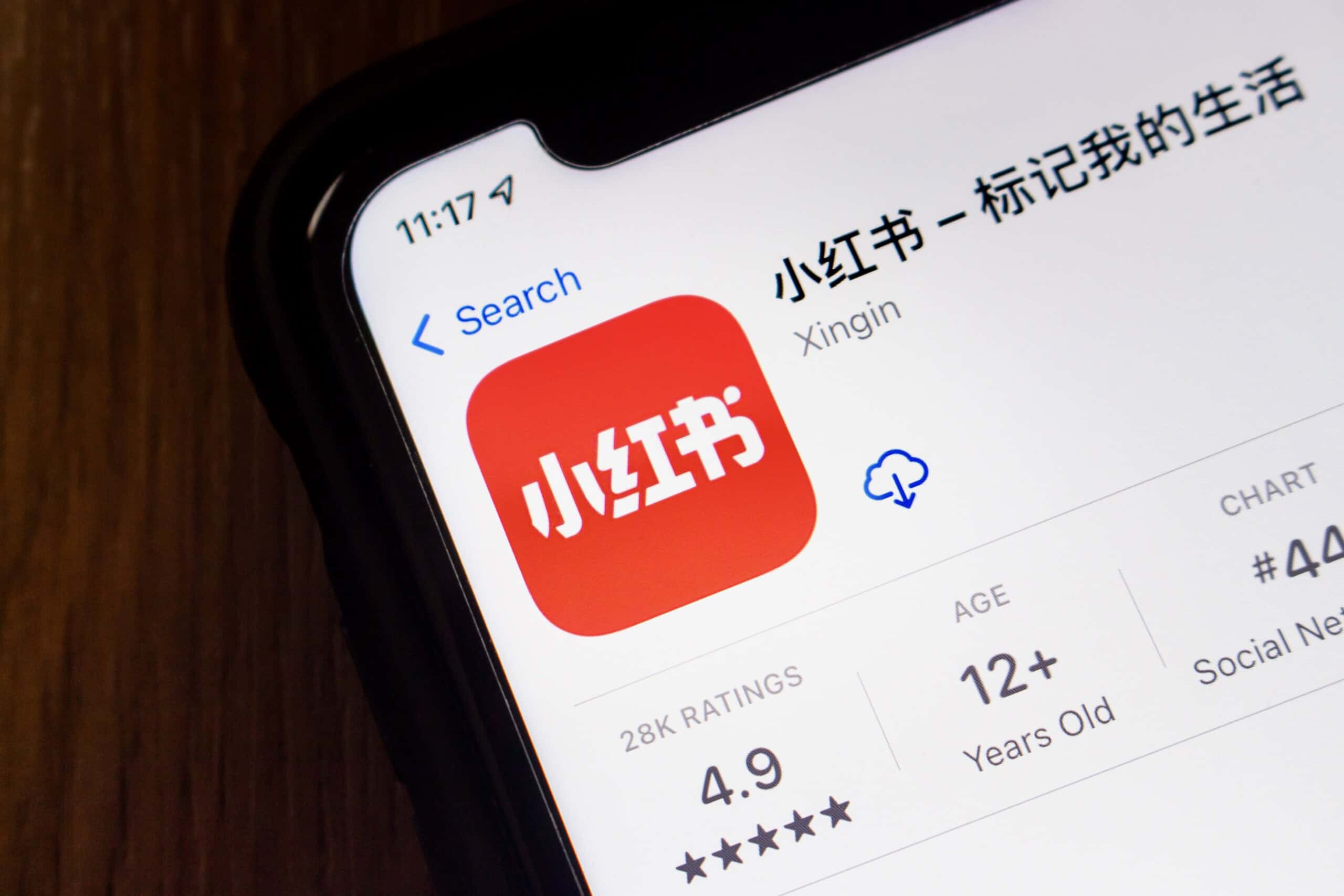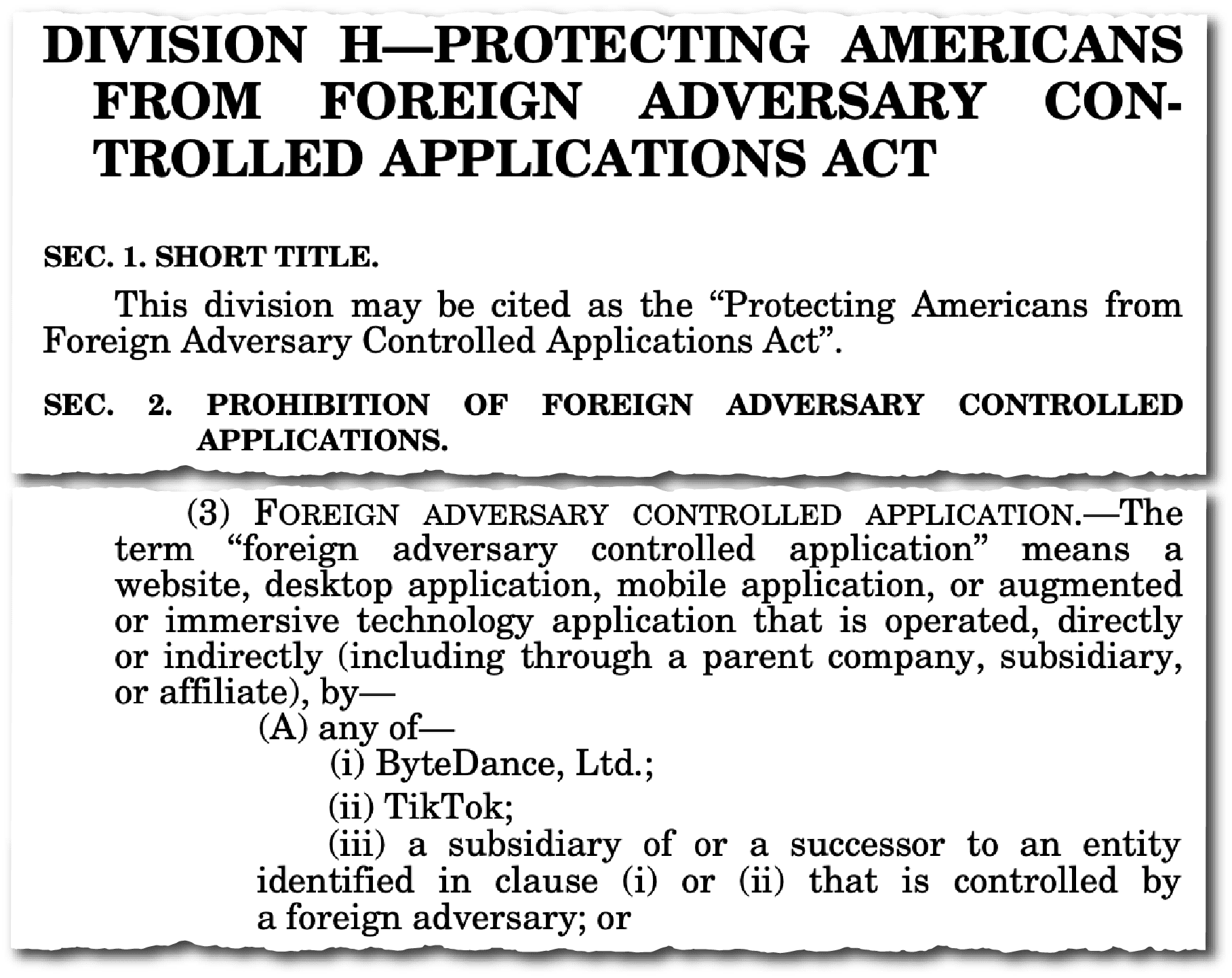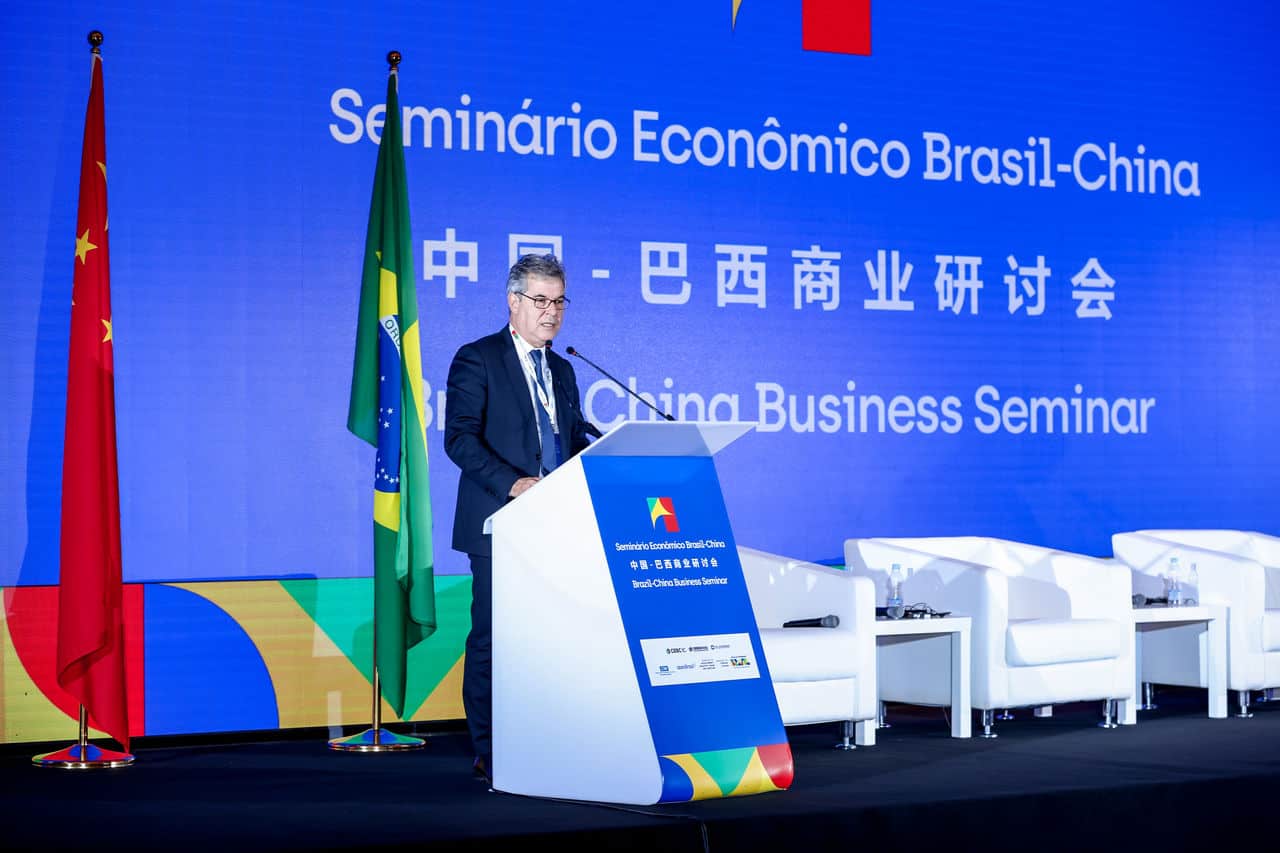
As the U.S. government’s ban on TikTok over its ties to China approaches, some of its 170 million American users are finding new homes — on other Chinese social media platforms.
Xiaohongshu, a lifestyle app, and Lemon8, TikTok’s sister app that was also developed by ByteDance, have become unexpected beneficiaries of the imminent ban on TikTok, which is scheduled to kick in as soon as Sunday — just 24 hours before the Biden administration gives way to incoming President-elect Donald Trump.

Both apps have risen to the top of iPhone’s download charts in the U.S. this week as American users, calling themselves “TikTok refugees”, have made the switch. U.S. downloads of Xiaohongshu — which translates to Little Red Book — increased by 130 percent year-on-year in December, data from market intelligence firm Sensor Tower shows, while its monthly active users jumped 42 percent. Bytedance has also been promoting Lemon8 on TikTok in an effort to keep a foot in the door.
Some TikTok users say they have taken to Chinese platforms as an act of defiance.
“[The U.S. government] is making the claim that [TikTok is] a threat to national security…However those of us who have been online, specifically on TikTok, are very well informed about what’s going on in the world,” Aria Lynn Grayson, a Los-Angeles based creator told her newfound audience on Xiaohongshu while applying make up. The post racked up 61,000 likes within a day.
Some analysts say there could be a genuine demand in the U.S. for an app like Xiaohongshu, whose name evokes the book of Mao Zedong sayings that was treated with quasi-religious fervor during China’s Cultural Revolution in the 1960s — a connection the company’s founders have said is unfounded.
The [reason for the] onslaught of a huge number of western users into the app and the temporary stickiness is that they want to find a place to bond and form a community. How long these TikTok refugees will stay on the app is hard to say.
Sharon Gai, author of E-commerce Reimagined and former head of global key accounts at Alibaba
Developed by the Shanghai-based Xingin Information Technology in 2013, the modern-day Xiaohongshu has evolved into a lifestyle guide where users look for recommendations for food, travel, and fashion. The app was co-founded by Charlwin Mao Wenchao, a former management consultant, who served as its chief executive until 2019; and Miranda Qu, who continues to work at the company. Both have an estimated worth of over $1 billion, according to Forbes.
A video posted to TikTok by user @catbombz.
“There is a void in the U.S. market for this type of platform, especially in the potential absence of TikTok,” says Jacob Cooke, co-founder of the Asia-focused consultancy WPIC Marketing + Technologies.
“TikTok is comparable to Xiaohongshu in that both platforms are based on interest graph algorithms, serving content on the homepage that is relevant to users’ interests and past viewing patterns,” he adds. “Moreover, content is tagged and easily searchable, which makes both platforms distinct from Instagram or X.”
Yet others doubt whether the surge in foreign traffic on Xiaohongshu will last given the lack of English content on the platform.
“The [reason for the] onslaught of a huge number of western users into the app and the temporary stickiness is that they want to find a place to bond and form a community,” says Sharon Gai, author of E-commerce Reimagined and former head of global key accounts at Alibaba. “How long these TikTok refugees will stay on the app is hard to say.”
Despite previous waves of foreign interests in the app, as well as the launch of several overseas products, Xiaohongshu’s priority has always been its domestic Chinese market, where most of its 300 million users are based.

Xiaohongshu is also making inroads into e-commerce in China. The company has told investors that its net profit last year would double compared to the year before and surpass $1 billion, Bloomberg reported in December. Cooke, of WPIC Marketing + Technologies, forecasts the company’s sales could triple this year.

Foreign Adversary Controlled Applications Act’, signed into law on April 24, 2024. Credit: U.S. Congress
Xiaohongshu raised an undisclosed amount of funds from prominent Chinese venture capital firms such as HongShan and Boyu Capital last July, putting its valuation at $17 billion, according to Pitchbook.
Another issue clouding Xiaohongshu’s sudden popularity is whether TikTok’s ban will actually go ahead. Passed last year, the legislation requires its Chinese parent company ByteDance to sell its U.S. operations or face a ban. The U.S. government is concerned that Beijing could force ByteDance to access sensitive TikTok user data, or use the app to spread misinformation.
President-elect Trump has asked the Supreme Court to delay the implementation so his administration could pursue a “political resolution.” Bloomberg reported on Tuesday that Chinese officials have discussed the sale of TikTok’s U.S. operations to Elon Musk, which ByteDance described as “pure fiction.”
ByteDance and Xiaohongshu did not respond to a request for comment.

Rachel Cheung is a staff writer for The Wire China based in Hong Kong. She previously worked at VICE World News and South China Morning Post, where she won a SOPA Award for Excellence in Arts and Culture Reporting. Her work has appeared in The Washington Post, Los Angeles Times, Columbia Journalism Review and The Atlantic, among other outlets.



